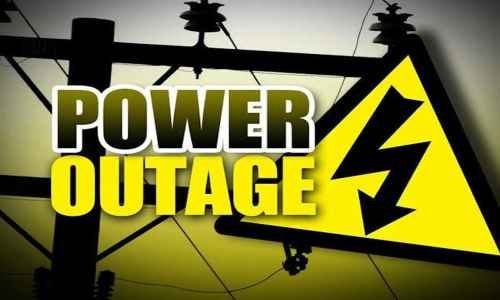How To Prepare Ahead For A Power Outage
 By
By
Though inconvenient and unavoidable, power outages can also damage appliances, destroy food supplies, and cause a health hazard for your family. In the event of an impending blackout, below are a few smart ways you can prepare yourself and your family while holding onto a semblance of order. Count On Power Surges As your power company works to restore your power, power surges will occur. Unfortunately, these power surges can permanently harm and damage expensive household appliances. A good way to combat this problem is to unplug your appliances and leave a simple light plugged in so you know when your power is restored. See here to get a wide range of boiler models offered from Ideal. Grab Those Solar Lights If you have solar lights lighting a path outdoors, bring them inside during a power outage. They will provide some level of indoor lighting and will prevent you from depleting your personal stash of flashlight batteries. Plus, solar lights are safer than candles that may potentially burn down your residence! Once you're done using your landscape lighting, take them back outside to ensure they adequately recharge. Protect Against Carbon Monoxide Many people forget the silent killer - carbon monoxide. It is an odorless and colourless gas that is present whenever you choose to burn anything. This means that if you need to run your power generator, make sure to do it outside away from your enclosed garage or home's windows. Additionally, always ensure your carbon monoxide detector is working in your home. Keep Your Freezer Shut Though the power is out, it's unlikely that your frozen foods will go bad as long as you keep the freezer door shut. Most freezers are cold enough to keep your food safe for one to three days. Make sure to remind family members NOT to open the freezer door with a note! Keep Water In The Tub It's unlikely that your household will have running water during the power outage. Keep an adequate water supply on-hand for washing, bathing, and flushing the toilet by filling buckets, your bathtub, and your sinks. Your water heater usually has the capacity to store 40 gallons or more of water. Disconnect Your Garage Door Your garage door opener won't work during a power outage, so make sure to disconnect your door. Make sure to yank the cord that connects your garage door to its power supply while it is in closed condition. This will allow you to manually operate your garage door as needed. Use Your Water Heater As A Heating Source If you experience a blackout during fall or winter, getting your home to a bearable temperature is a near impossible task. If you have a gas-powered water heater, you can use it as a source of heat. Fill your tubs and sinks with water and when the temperature is room temp, start draining them. This can help you fight the bitter cold. Use Your Vehicle For Charging If you need to charge your smartphone or tablet during a blackout, don't forget to consider your vehicle as a power source! Your car has a battery that has plenty of power to recharge all of your mobile devices. Prepare For Frozen Plumbing If the weather outside is freezing, you need to do what you can to avoid frozen or burst plumbing pipes. It's crucial to completely drain your plumbing pipes by shutting off your primary water source. Then open the faucets again to drain air and use a plunger to remove trapped air in your pipes. Lastly, plug all drains to prevent any sewer gases from escaping. Think Before You Act! It goes without saying blackouts are also the number one cause of household accidents. It's easy to get hurt, especially when making hasty decisions. Should you need emergency help, most ERs and emergency providers are swamped. In short, think before you act to protect yourself.






